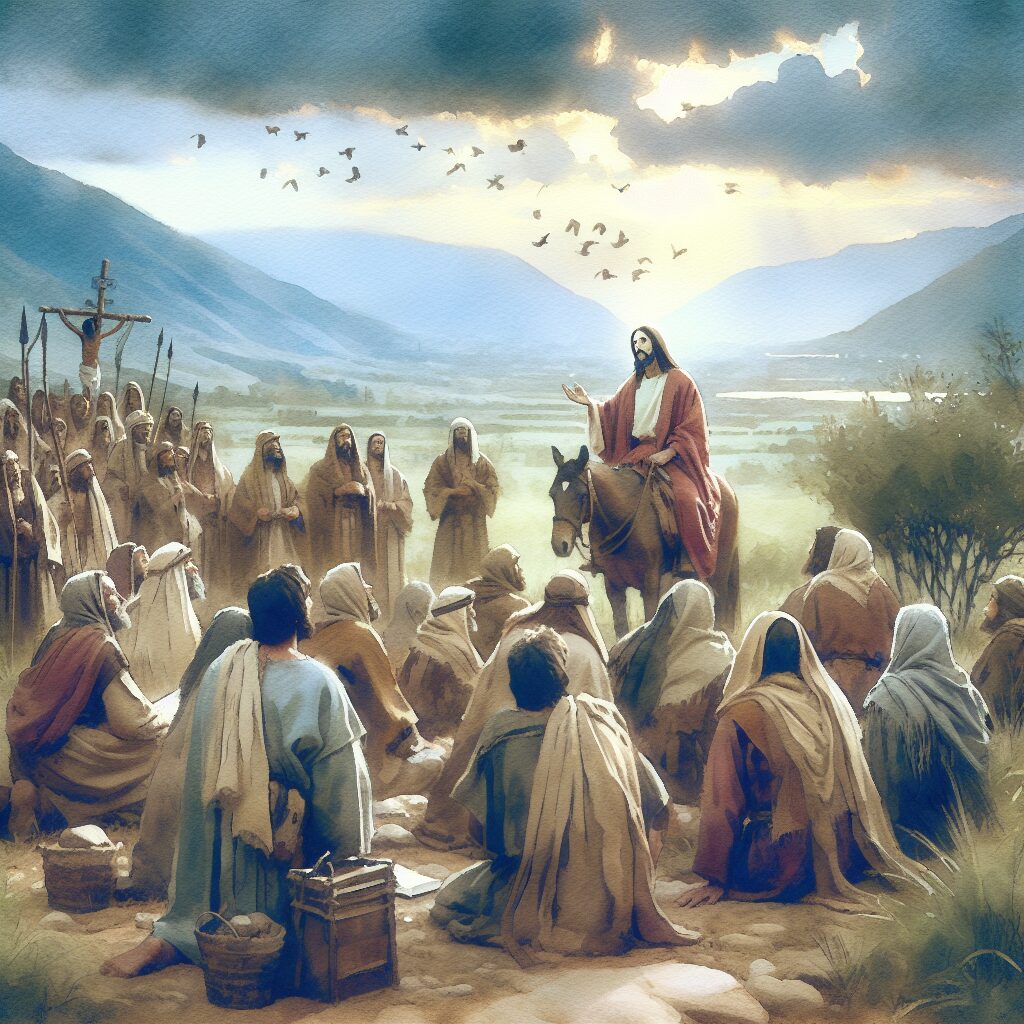
Bible Verse
“Then Phinehas son of Eleazar, the priest, and the leaders returned to Canaan from their meeting with the Reubenites, Gadites in Gilead and reported to the Israelites.” – Joshua 22:32
Reflection
In this historical narrative from the Book of Joshua, we witness a moment rooted in communication, reconciliation, and the fostering of unity among God’s people. The verse culminates a story where misunderstanding could have led to division and conflict among the tribes of Israel. To provide a deeper understanding, it’s essential to explore the context: the eastern tribes of Israel (Reubenites, Gadites, and the half-tribe of Manasseh) built an altar near the Jordan River, which alarmed the remaining tribes residing in Canaan. This act was potentially seen as rebellion against God, as it seemed to symbolize a new center of worship that was separate from the established altar in Shiloh.
Tension rose, and the western tribes prepared for war to safeguard the purity of worship to the one true God. However, wisdom prevailed as they decided to send Phinehas and a delegation to understand the intentions of their fellow Israelites first. The conversation revealed that the altar was not for sacrifices or offerings but a witness between the tribes that although the Jordan River separated them geographically, they all shared the same faith and covenant with God. Upon learning the true intention, Phinehas and the leaders rejoiced and returned with positive news, quelling potential conflict.
This resolution is a testament to the power of humility, patience, and the effort to understand one another in the face of potential division. As believers, it prompts us to reflect on our tendencies when faced with conflicts. Are we quick to make assumptions? Or do we, like Phinehas and the Israelite leaders, seek clarification and dialogue first? The essence of God’s love is featured prominently in this story, highlighting that genuine attempts to understand are acts of love rooted in the hope of unity.
Moreover, this passage sheds light on the broader narrative of God’s grace in guiding His people through potential pitfalls. It fosters hope that, with God’s guidance, peace and reconciliation can prevail, even when circumstances seem ripe for strife. Emulating such grace requires our active choice to engage with others compassionately, seeking unity and understanding rather than allowing division to flourish.
In daily life, this narrative encourages us to lean into God-willed connections and fellowship, cherishing the diversity of thought and practice among believers. It’s a gentle reminder that while our paths may differ, our destination is the same, unified in the worship of a loving God. By recognizing His work within different practices and interpretations, we open our hearts to a fuller embrace of His diverse creation.
Closing Thought
Let us take inspiration from Joshua 22:32, remembering that God’s love calls us into understanding and reconciliation over division. By approaching each potential conflict with open hearts and minds, seeking God’s wisdom, we cultivate a community that reflects His grace and unity.